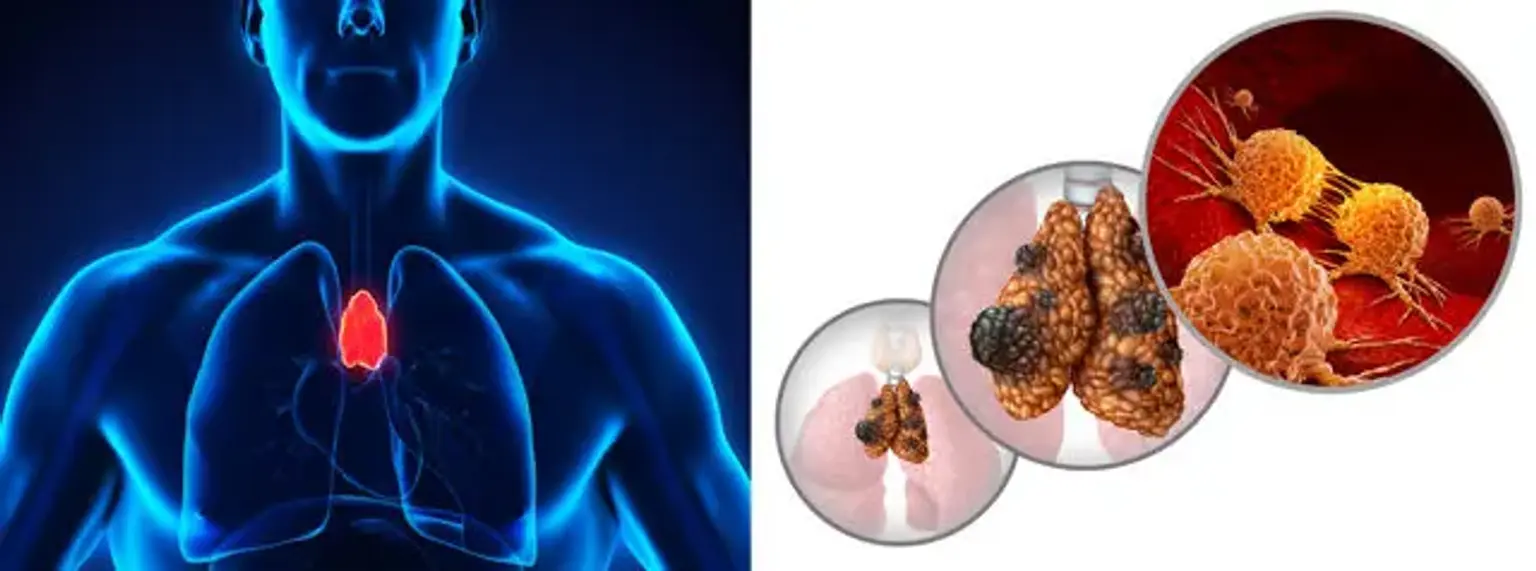Thymus cancer
The thymus gland is part of the chest organ located under the breastbone. It forms part of the lymphatic system in the immune system and releases white blood cells referred to as lymphocytes. These cells are responsible for protecting the body by fighting off foreign organisms.
However, the thymus gland is sometimes susceptible to two different types of cancers, including thymoma and thymic carcinoma. Although rare, thymus cancer can develop outside the thymus surface. Unlike thymoma, thymic carcinoma tends to be highly aggressive and difficult to address.
The thymus is a bilobed encapsulated gland. Each thymus lobe contains a superior and inferior horn and extends laterally to each phrenic nerve. The thymus receives blood from the internal mammary, inferior thyroid, and pericardiophrenic arteries. It is emptied into the superior vena cava by tributaries from the innominate vein (SVC).
The thymus is essential for the development of the adaptive immune system and typically involves into a fibrofatty tissue after puberty. There is a strong link between myasthenia gravis and thymomas.
